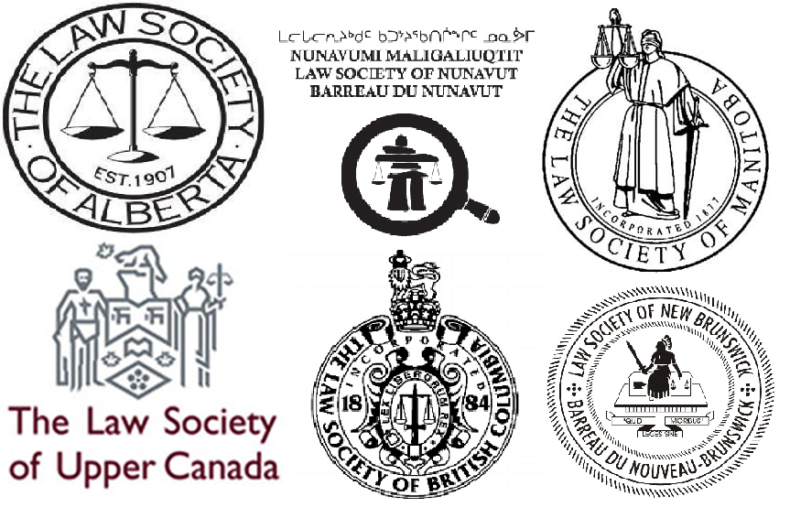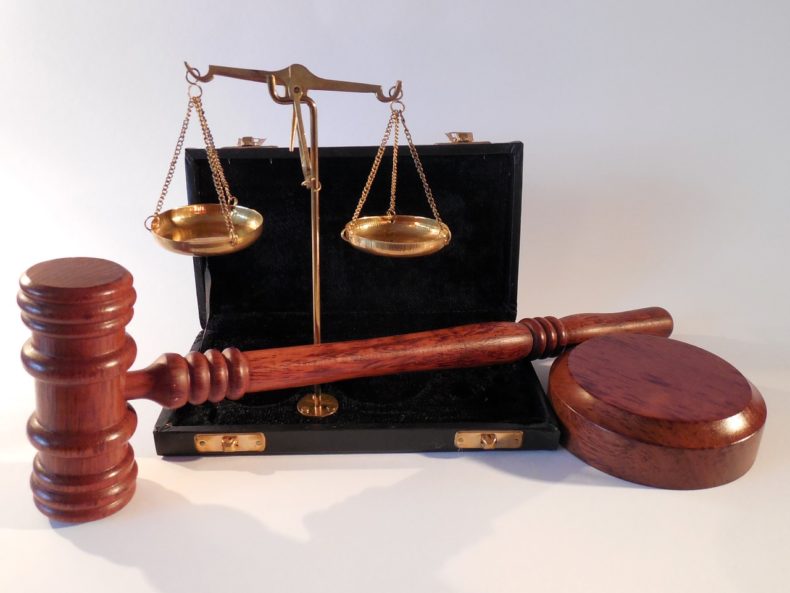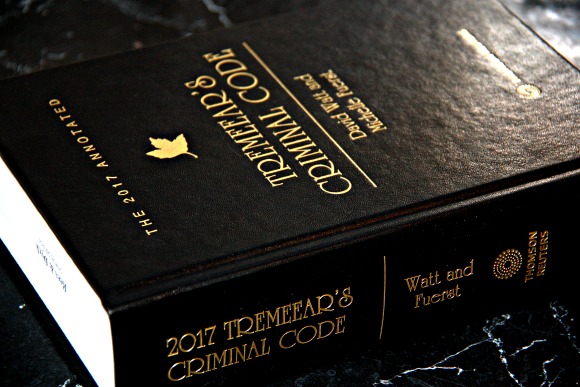
Every year across Canada lawyers are required to pay practice fees to their respective law society in order to allow them to practice the law. A lot of lawyers pay these fee without thinking too much about it, so I thought I would take a closer look. In 2016, lawyers […]
Read more ›
In Canada, the police have the authority to detain and arrest individuals under the Criminal Code of Canada and common law. While a warrant issued by a Justice of the Peace or Judge is typically required for an arrest, there are certain situations where the police can make an arrest […]
Read more ›
Sometimes in our law courts, accused individuals enter guilty pleas then later wish to have the guilty plea withdrawn. A guilty plea is a formal admission of guilt. When an accused enters a guilty plea they are waiving their right to require the Crown to prove the offence beyond a […]
Read more ›
Having a criminal record can feel like being a chained prisoner, with lasting impacts on employment and travel opportunities. However, in Canada, individuals who have demonstrated themselves to be law-abiding citizens can apply for a record suspension, formerly known as a pardon, which sets aside their criminal record from the […]
Read more ›
For a quick overview, just watch the video. We got you covered! A police officer power to pull over a motor vehicle is derived from the Highway Traffic Act (HTA) and the common law. The HTA allows police officers acting in the lawful execution of their duty to require the […]
Read more ›
The youth criminal justice system operates differently from the adult criminal justice system, recognizing the reduced maturity of young offenders. Rehabilitation and privacy protection are key principles of the Youth Criminal Justice Act, which aims to provide enhanced procedural safeguards for youth. One important aspect of youth criminal records is […]
Read more ›
If you’ve watched popular TV shows like The Wire or Breaking Bad, you may have an idea of what drug trafficking entails. However, Canadian law has its own definition of drug trafficking, which encompasses more than just selling drugs for profit. According to Section 2(1) of The Controlled Drugs and […]
Read more ›
All impaired driving offences in Canada have mandatory minimum sentences. The minimum sentence will depend on the nature of the offence, and the offender’s prior record for impaired driving offences. For a first offence, the fine varies depending on blood alcohol concentration. For a first time offender with a blood […]
Read more ›
Every offence in the Criminal Code of Canada will fall under three categories: summary conviction offences, indictable offences, and offences in which the Crown Attorney chooses to proceed by summary conviction or indictment. Summary conviction offences are of a less serious nature than indictable offences. Summary Conviction Offences There are […]
Read more ›
During the course of an investigation, the police have the right to take your fingerprints and photograph. Often the police will ask you questions about your physical appearance such as your height, weight, hair colour, eye colour, scars, tattoos, and other biographical information. If you have ever been charged with […]
Read more ›Recent Updates
- An Introduction to the Canadian Charter of Rights and Freedoms
- Understanding Jaywalking Offences in Manitoba
- What is the Burden of Proof in Criminal Law? Understanding its Significance in Canadian Legal Proceedings
- What is Beyond a Reasonable Doubt? Understanding the Standard of Proof in Canadian Criminal Law
- What is an Alibi? Understanding the Importance of an Alibi in Criminal Defence
